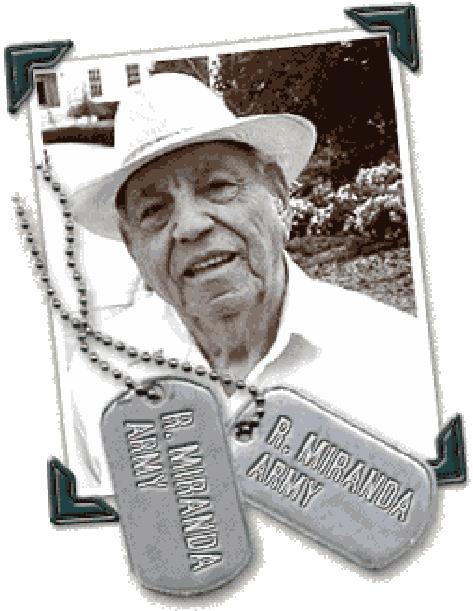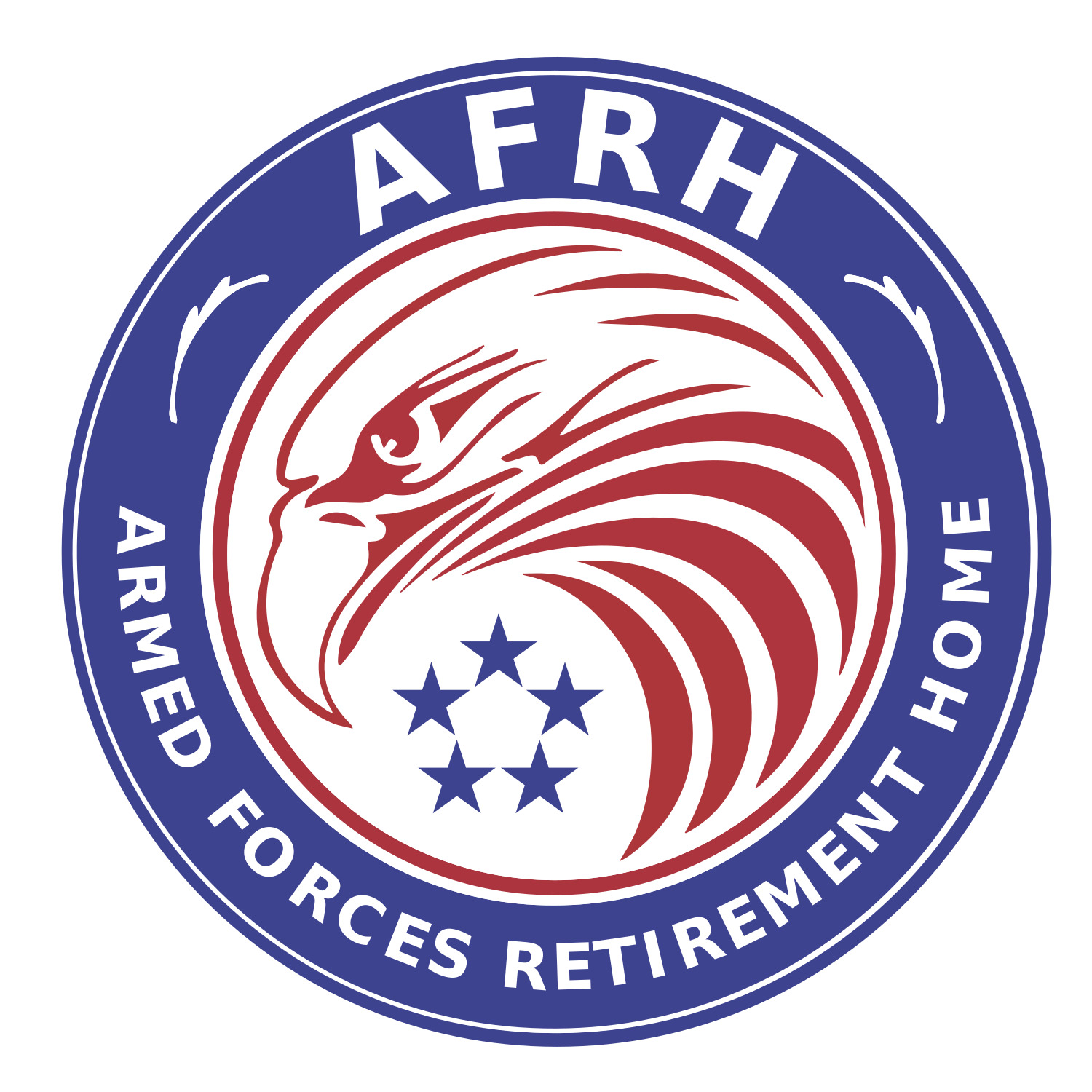
Retirement Home Resident Escaped Injury in Two Wars
By Rudi Williams
American Forces Press Service
WASHINGTON, Oct. 2, 2000 -- "The only thing I feel very happy about is that I came back from two wars without being wounded," said Rafael Miranda, an 81-year-old resident here at the Soldiers' and Airmen's Home.
The Puerto Rico-born veteran of World War II and the Korean War was 22 when he joined the Army in 1940. He was assigned to the Puerto Rican 65th Infantry Regiment.
His unit didn't see combat during World War II. Some researchers say World War II Army commanders lacked confidence in the fighting spirit of Puerto Rican soldiers and wouldn't commit them.
When the island soldiers had the chance to prove themselves during the Korean War, they earned hero status and became the pride of Puerto Rico.
Three of his Miranda's brothers, all Army staff sergeants, were infantrymen during World War II. Two fought in Europe and one in the Pacific.
"I was the only one in the 65th, though," Miranda noted. "My unit, the 2nd Battalion, went to Panama in 1942 for jungle training, but we were not sent to the Pacific to fight. Instead, we went to Algeria, North Africa, on a troop ship that took nine days. That's where we took amphibious training preparing to invade the Italian island of Elba. But we never invaded the island."
Instead, the Army sent the unit to join up with the 7th Army in Marseilles for the invasion of southern France," he said. One memorable wartime adventure, he said, was when he was a staff sergeant leading a detail guarding German prisoners of war as they loaded supplies into boxcars bound for U.S. troops sweeping toward Germany. One day, Miranda chanced to open the door of a boxcar on a train headed for Switzerland and discovered six German POWs trying to escape.
"I packed them in a jeep, one over the other and one on the spare tire, and drove 25 miles to Aubignon," Miranda said.
"The Germans were good soldiers, well disciplined, but some of them were glad to be captured by the Americans because we had good food," he said with a hearty laugh. After the war he and his comrades boarded a ship in Marseilles and sailed home to Puerto Rico.
"I was back in Puerto Rico in 1945, and by 1950 we were on maneuvers on Vieques, the same island where the Navy and Marines had problems with their training a few months ago," Miranda said.
Arriving at Pusan, South Korea, on Sept. 20, 1950, the outfit quickly won respect on the battlefield. Over the next three years, the 65th participated in nine major campaigns and earned a Presidential Unit Citation, Meritorious Unit Commendation and two Republic of Korea Unit citations. Individual members earned four Distinguished Service Crosses and 124 Silver Stars.
Miranda said one of his worst memories is that "Korea was miserably cold." He said screaming Chinese and North Korean soldiers had a thing for 2 a.m. human-wave attacks, deafening drumbeats and blaring bugles.
"I remember seeing a lot of kids and ladies killed by bombs and guns. It was a bad time," said Miranda, who wears a hearing aid because his eardrums burst from artillery gunfire.
"We lost a lot of men," said Miranda, who was in charge of a mortar platoon. "We landed at Pusan and fought the North Koreans all the way to the Yalu River and the Chinese border, killing thousands of them."
That's when the Chinese crosse the Yalu in force and pushed the American, British and Turkish allies back to Pusan.
"Then we started all over again," Miranda said. "I remember when we started to take a hill near Seoul and found out that it was more heavily defended than we thought. We hit the ground and bullets were flying everywhere. By the time it was over, we'd killed all but seven, but we'd lost about 150 men."
Miranda said after about 13 months, he and his company commander were the only original unit members left. He said he turned down a battlefield commission when it attached to a transfer to division.
Miranda went back to Puerto Rico, but later served in Missouri and Germany. "I put in for retirement in July 1960, then received a letter from the Army saying that I was war-qualified for promotion to E-8 and E-9, the new noncommissioned officer ranks," he said. He declined and retired that December.
Using his GI Bill benefit, the combat veteran earned a bachelor's degree at the University of Puerto Rico in San Juan, where he taught math for about a year. He gave up teaching school because he was making "poco dinero (little money)." A Korean War buddy got him a job training cooks.
The youngest of 12 siblings, Miranda said he doesn't know much about his ancestors, except his paternal grandfather emigrated from Spain in the 1800s and settled in Barranquita, a small farming town in the center of the island.
"There were three types of farming in those days -- sugar cane, tobacco and coffee," Miranda said in heavily accented English. "My father planted about 20 acres of tobacco. He also planted 'minus products' like corn, tomatoes, onions and potatoes for consumers and the family. We raised cattle and chickens."
"We were poor, but everyone was, so I never really noticed," said Miranda, who dropped out of school after the eighth grade to start working to help his family.
He and his late wife, Carmen, moved to Tampa, Fla., near Madeira Beach, in 1984. They opened a liquor store there, but closed it three years later because of crime. "Someone smashed my plate glass doors and stole some of the merchandise," Miranda said.
Miranda said after his wife died in 1988, "I was lonely and came to the Soldiers' and Airmen's Home in 1989. I feel very, very happy. I have my room, my garden, my children and grandchildren and my memories.
"Living at the Soldiers' and Airmen's Home is the best thing I could do," Miranda said. "There's no better place for people of our age."
- Log in to post comments
